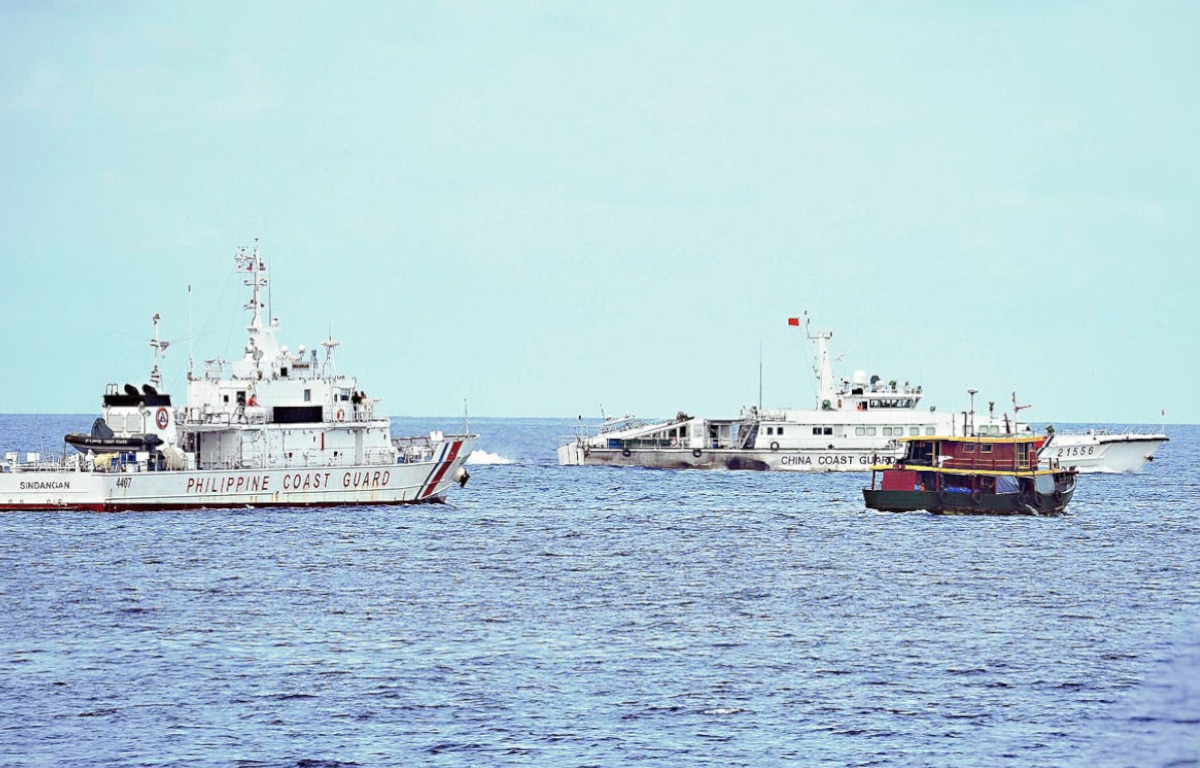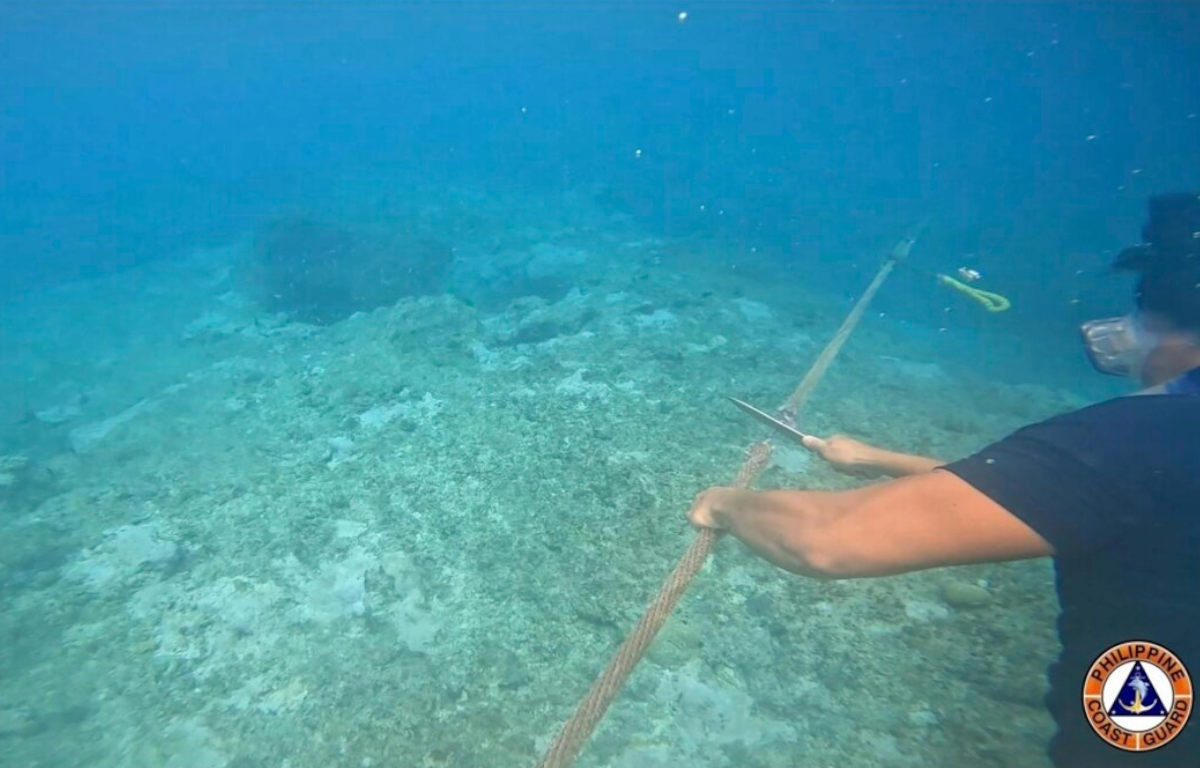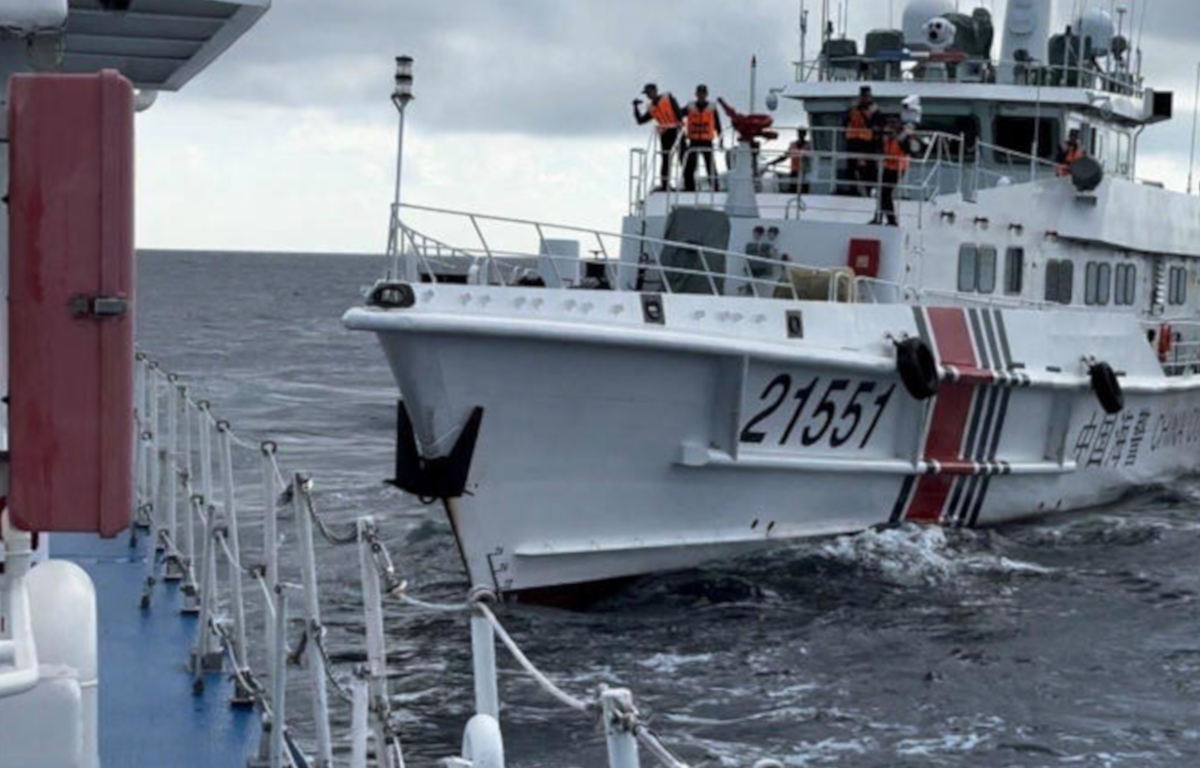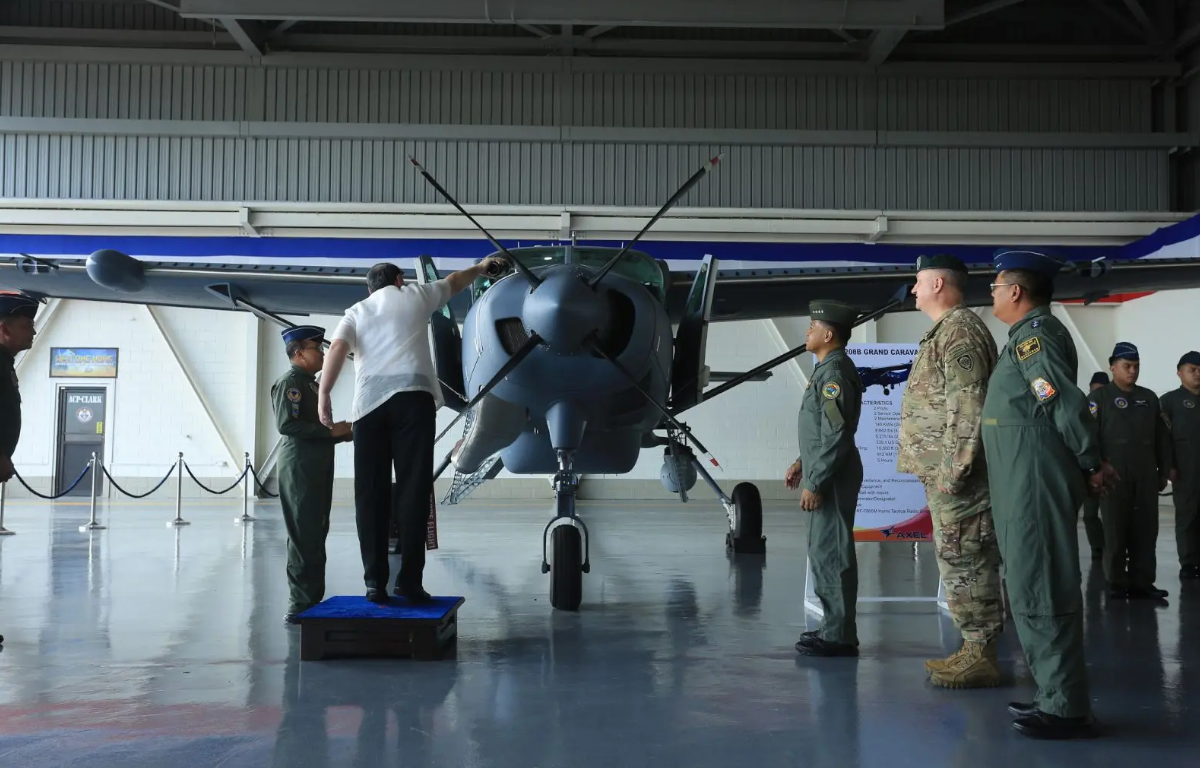
Amidst this backdrop, a significant debate has emerged regarding the efficacy of diplomatic protests as a means of addressing these issues. A prominent lawmaker has voiced the opinion that the Philippines should not cease its diplomatic protests over the West Philippine Sea—a stance that merits exploration and discussion.
The West Philippine Sea, part of the larger South China Sea, is an area rich in marine biodiversity and natural resources. It is also a strategically vital region for maritime trade routes, making it a point of contention among neighboring countries, particularly China and several Southeast Asian nations. The Philippines, in particular, has been vocal about its territorial claims and has resorted to diplomatic channels to assert its rights.
The call to continue diplomatic protests over the West Philippine Sea comes at a crucial juncture. Diplomatic avenues serve as a non-confrontational means of addressing disputes and asserting sovereignty. By engaging in diplomatic protests, the Philippines can uphold international law, specifically the United Nations Convention on the Law of the Sea (UNCLOS), which delineates maritime boundaries and rights.
Moreover, diplomatic protests are essential for maintaining diplomatic pressure and visibility on the issue. They signal to the international community that the Philippines is steadfast in defending its territorial integrity and maritime rights. This diplomatic stance can garner support from other nations that uphold the principles of international law and territorial sovereignty.
Critics of diplomatic protests often argue that they may not yield immediate tangible results. However, it is essential to recognize the long-term strategic significance of these diplomatic efforts. They contribute to shaping international norms, reinforcing the rule of law, and fostering multilateral cooperation in addressing maritime disputes.
Furthermore, diplomatic protests serve as a diplomatic tool in a broader strategy that includes engagement with regional forums, dialogue with stakeholders, and cooperation with like-minded nations. A comprehensive approach that combines diplomatic protests with other diplomatic initiatives strengthens the Philippines’ position and enhances its credibility on the international stage.
It is also worth noting that diplomatic protests do not preclude other forms of engagement or conflict resolution mechanisms. They can coexist with dialogue, negotiations, and confidence-building measures aimed at de-escalating tensions and finding mutually acceptable solutions.










Share this: